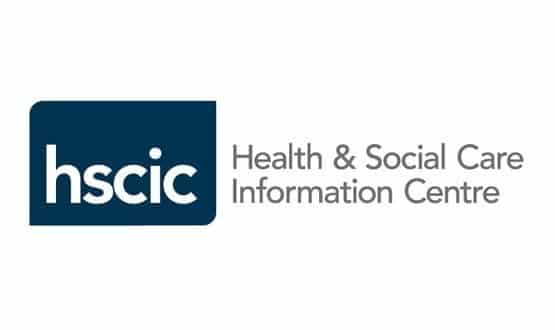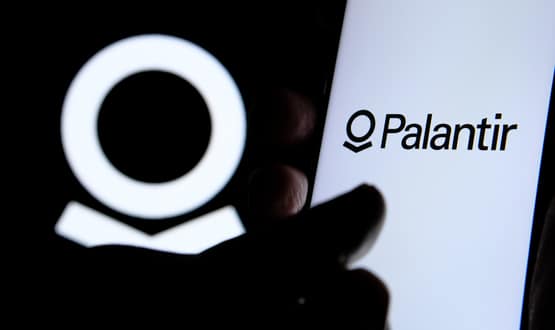HSCIC actions 1.2m patient opt-outs
- 28 April 2016

More than 1.2 million people will have their objection to having their identifiable health data shared for purposes other than direct care actioned by the Health and Social Care Information Centre this week.
New figures released by the HSCIC reveal that 2.2% of England’s population of 56 million patients have opted out of having their confidential data shared for secondary purposes such as research.
The move is a concern for research institutions that use patient identifiable data sets and questions have been raised about whether people were adequately informed about the opt-out when it was offered more than two years ago.
NHS Oldham CCG has the highest opt-out rate at more than 13%, while others are just 0.2%.
Digital Health News reported last November that the opt-outs were due to be actioned at the beginning of the year, but the HSCIC has only recently received the necessary direction for data extraction from the health secretary Jeremy Hunt.
The objections will now come into force on 29 April.
The HSCIC had previously estimated the number of opt-outs at around 700,000 based on data from GP clinical suppliers, but the real figure has been revealed to be much higher.
Patients were offered the option of a ‘type-2’ objection to their identifiable data being shared as part of the launch of the controversial care.data programme in February 2014.
This national scheme planned to extract data sets from different organisations, starting with GP practices, and link them to an expanded set of Hospital Episode Statistics within the 'safe haven' of the HSCIC.
However, the programme was paused the month it was launched and no data has been extracted. The HSCIC was later given the task of dealing with any type 2 objections that were already registered with a GP.
The new direction details various exemptions to the opt-out being enacted, including disclosures about communicable diseases and data for the Office for National Statistics, the National Cancer Registration Service, or where this is an “overriding public interest in the disclosure”.
The patient objection can also be ignored in cases where the HSCIC does not have the technical ability to enact it, such as the Cancer Waiting Times system, or where the system is primarily used to support direct care but has other uses that cannot be easily be separated from this, such as payment.
Data will also continue to be released to the Data Services for Commissioners Regional Offices and to Public Health England for the National Drug Treatment Monitoring Service.
Natalie Banner, policy officer at the Wellcome Trust, said the implementation of the opt-outs will affect research that uses identifiable patient data, but added that until the new datasets are released it is very hard to anticipate precisely how severe the impact will be.
“Much research uses de-identified data and will not be affected, but a 2.2% opt-out rate certainly is high enough to affect population health research using identifiable data. If the opt-outs are concentrated among particular demographic groups or regional areas, research outcomes may well be skewed,” she said.
Banner said the Wellcome Trust believes that having an opt-out is an important part of creating a trustworthy system for patient data.
“However, the type 2 objections were not adequately explained and communicated to people when care.data was initially announced. Honest, clear communications about how the data could be used, and importantly, what uses would not be allowed, are essential to help patients make an informed choice.”
An HSCIC spokesperson said it is too early to tell how applying the opt-outs may impact upon research.
“However, in the first instance, we will be providing additional analysis of our Hospital Episode Statistics to demonstrate how applying opt-outs will affect those data and this will help the research community in assessing the implications for the data they receive."
Dame Fiona Caldicott’s review into information governance should help provide clarity on the wording and form of opt-outs for the future. However, its release has been held up by ‘purdah’ rules and it will not be available until after the European exit referendum on 23 June.




